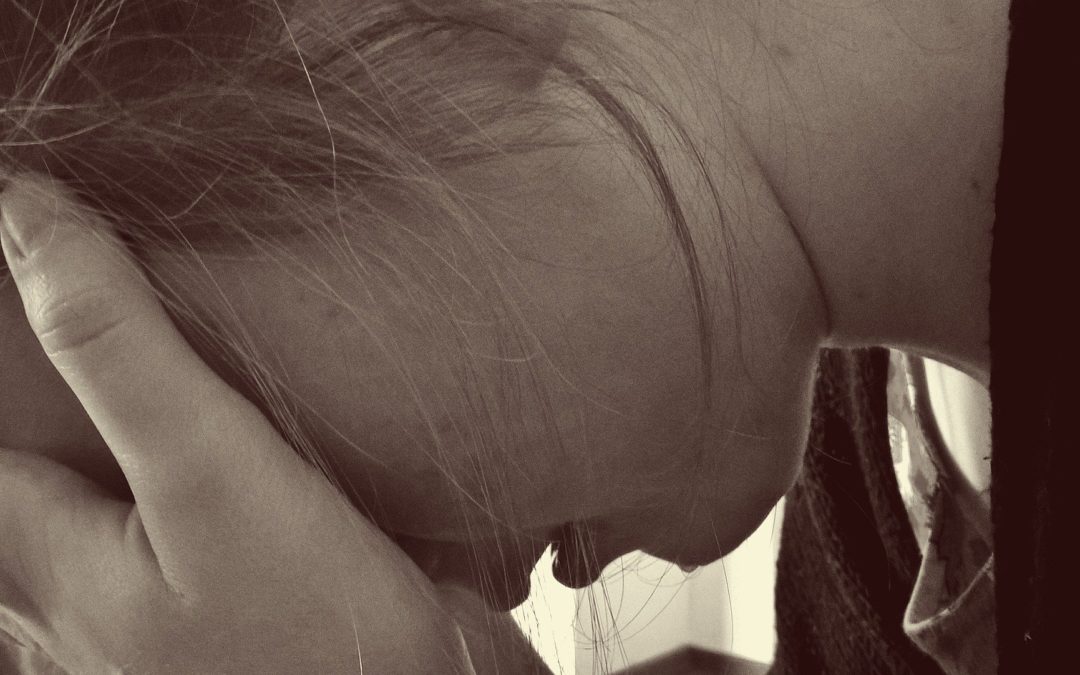33 percent of parents claim that they are confident in their ability to spot the signs of depression in their teenaged child. While your instinct may be to applaud these parents in their confidence, it’s important to understand that teen depression is very difficult to distinguish from the normal ups-and-downs of adolescence. Overconfidence in your ability to identify the signs of depression in your teen may, at best, result in misdiagnosis, and, at worst, result in missing the signs of a potentially debilitating mental health disorder.
Learning the signs and symptoms of adolescent depression can help prevent you from punishing inappropriate behavior that, really, is a desperate cry for help. Teen depression doesn’t look like the adult equivalent—here are some of the differences, and warning signs to watch out for:
1. Irritability
While adult depression manifests with sadness, teen depression oftentimes manifests in irritability. Teens experiencing depression may be prone to angry outbursts, or just be inexplicably grumpy. If you find yourself on the receiving end of these outbursts, try not to feel attacked and rather see the outburst for what it is: a cry for help.
2. Phantom pain
When teenagers struggle with depression, they oftentimes complain of aches and pains that have no medical cause—stomach cramps and headaches are common complaints. Avoid the impulse to dismiss these ailments as melodramatic and, rather, consider that they may be a symptom of a larger mental health condition.
3. Hypersensitivity
Adolescent depression can make teenagers feel very insecure or even worthless. These feelings often result in extreme sensitivity to criticism. When your teenager lashes out in response to being constructively criticized, stop and think about the root cause. Not all behavior is acceptable, but sometimes compassion is a better corrective response than consequence.
4. Isolation
Adults tend to withdraw from all social contact when depressed. Teenagers, however, are more subtle in their response. They may pull away from parental bonds, socialize less, or change their group friends. Singular instances of behaviors like this are nothing to worry about, but if you see a pattern emerging, it’s worth noting.
A lot of the behaviors described above sound like run-of-the-mill teenage behavior. But this is why teen depression goes undiagnosed and untreated so often. Look for patterns in your child’s behavior, rather than single instances of questionable behavior. When in doubt, don’t be afraid to ask your teen how he or she is feeling. Open a dialogue, explain the symptoms you’ve been noticing, and let them know why you’re worried. Depression that goes untreated can cause deep and lasting damage—early intervention is important.
If you believe that your teenager is depressed, your first step should be to engage in psychotherapy and explore the options of antidepressants. Our those teenagers who don’t respond to antidepressants—which is about 60% of cases—ketamine infusions are an alternative and highly-effective solution.

Contact Our Ketamine Treatment Centers
Our ketamine clinics in Boston, MA and West Hartford, CT offer ketamine infusions and Spravato™ (esketamine) nasal spray for the treatment of depression, anxiety, PTSD and other psychiatric conditions. Operated by one of the Northeast’s leading psychiatrists, our team is uniquely equipped to treat patients who need compassionate yet effective care. Contact us using the brief form below to learn more about our clinics and how we can help you or a loved one receive the care they need.


Recent Comments